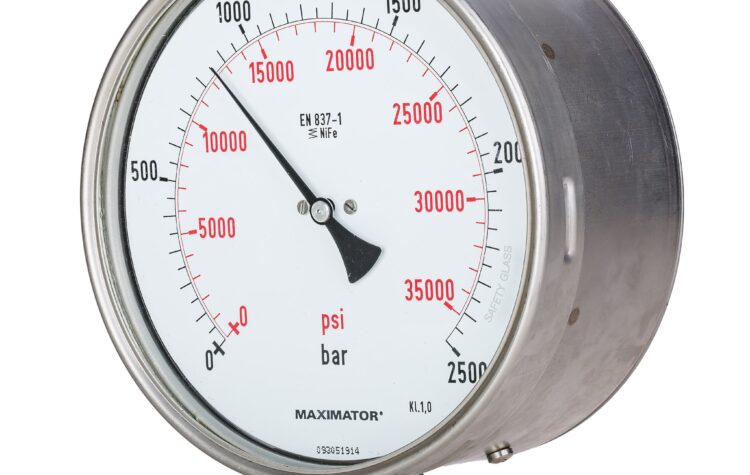Definition:
A polygraph, commonly known as a lie detector test, is an instrument that measures and records several physiological indicators such as blood pressure, pulse, respiration, and skin conductivity while a person is asked and answers a series of questions. The theory behind its use is that deceptive answers will produce physiological responses that can be differentiated from those associated with non-deceptive answers.
Etymology & Origin:
The term “polygraph” comes from the Greek words “poly,” meaning “many,” and “grapho,” meaning “to write.” Thus, it translates to “many writings,” referring to the machine’s ability to record multiple physiological functions simultaneously. The polygraph was developed in the early 20th century as a method to detect deception, with its design and application evolving over time.
Examples:
- Polygraph tests are often used in criminal investigations to assess the truthfulness of a suspect’s statements.
- Some government agencies and private employers use polygraph testing as part of their security clearance and employment screening processes.
- The accuracy and reliability of polygraph tests have been subjects of debate, leading to varying levels of admissibility in courtrooms around the world.



